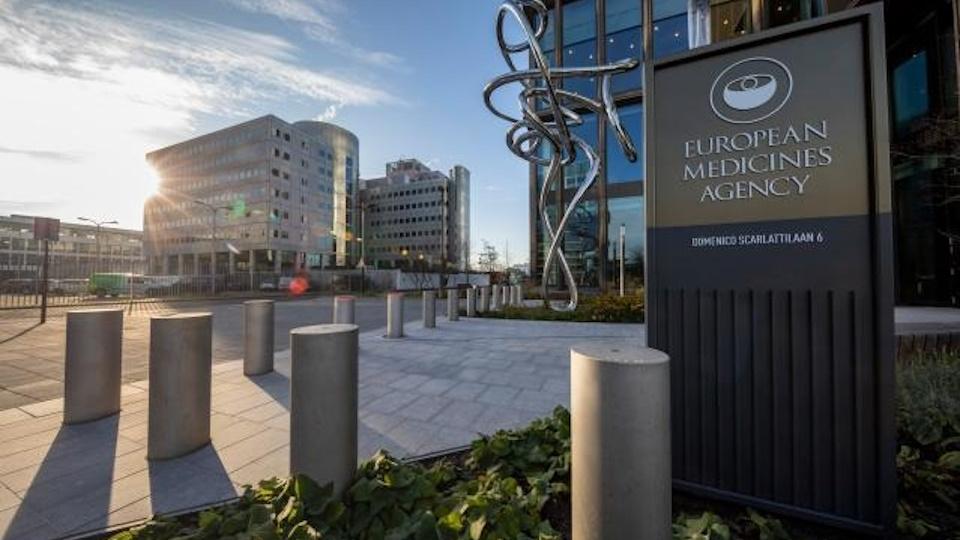CHMP backs AZ’s danicopan for anaemia in patients with PNH

AstraZeneca has moved a step closer to EU approval of oral Factor D inhibitor danicopan in the EU, after the EMA’s human medicines committee, the CHMP, backed the drug as a treatment for residual haemolytic anaemia in patients with paroxysmal nocturnal haemoglobinuria (PNH).
Danicopan, which is already approved in Japan as Voydeya and under regulatory review in the US, is intended as an add-on therapy to complement C5 inhibitors like AZ’s own Soliris (eculizumab) and Ultomiris (ravulizumab) for PNH patients who don’t get a satisfactory response from those drugs alone.
PNH is a rare and life-threatening disease that causes serious anaemia but, in approximately 10% to 20% of patients, low levels of red blood cells persist despite treatment with C5 inhibitors. At the moment, this group can be treated with Apellis’ C3 inhibitor Aspaveli (pegcetacoplan) as a subcutaneous infusion, but danicopan would provide an oral alternative.
The CHMP based its decision on the results of the ALPHA study, which showed that adding danicopan to treatment with Soliris or Ultomiris showed significant improvements in mean haemoglobin levels and absolute reticulocyte count (ARC) levels compared to either of the C5 drugs used on their own in PNH patients with residual anaemia.
While analysts don’t expect sales of danicopan to be huge in PNH, it could help AZ protect its C5 franchise - and particularly longer-acting Ultomiris - as it faces competition from new entrants into the market, including Roche’s crovalimab, which has just been approved in China, its first market.
Danicopan, meanwhile, is also being developed for geographic atrophy, a leading cause of vision loss, which could open up a much larger market for the drug.
Other CHMP recommendations
At the CHMP’s February meeting, the panel also recommended approval of CSL, Travere Therapeutics’ Filspari (sparsentan) for kidney disorder primary immunoglobulin A nephropathy (see our article here) and Biogen’s Qalsody (tofersen), which is on track to become the first EU-approved therapy for amyotrophic lateral sclerosis (ALS) patients with a mutation in the SOD1 gene.
Two bird flu (H5N1) vaccines from Seqirus were also backed, along with BeiGene’s PD-1 inhibitor Tizveni (tislelizumab) as a treatment on its own or alongside chemotherapy for previously-untreated patients with locally advanced or metastatic non-small cell lung cancer (NSCLC) and Incyte’s PD-1 inhibitor Zynyz (retifanlimab) as a first-line monotherapy for locally advanced or metastatic Merkel cell carcinoma, an aggressive, life-threatening skin cancer.













